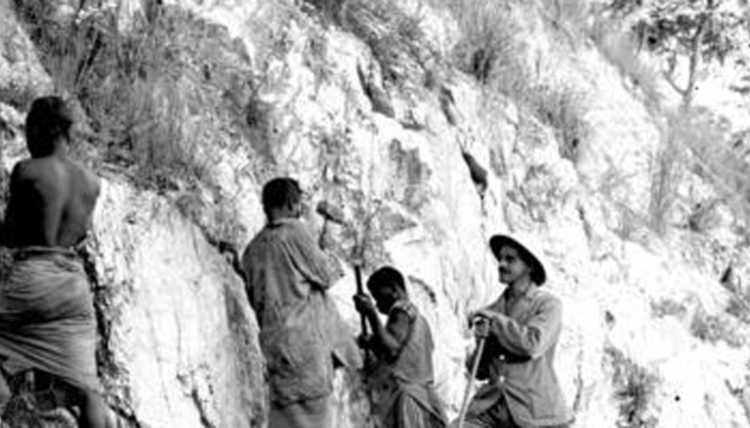Publication | 06/05/2015
Economic Exploitation as the Cause of Rebellion
Taxes, labour and natural resources – with state expansion, states' economic demands of the population increase.

Does extraction increase the likelihood of antistate violence in the early phases of statebuilding processes? While much research has focused on the impacts of war on statebuilding, the potential "war‐making effects" of extraction have largely been neglected. The paper provides the first quantitative analysis of these effects in the context of colonial state‐building. It focuses on the Maji Maji rebellion against the German colonial state (1905–1907), the most substantial rebellion in colonial Eastern Africa. Analyses based on a newly collected historical data set confirm the correlation between extraction and resistance.
More importantly, they reveal that distinct strategies of extraction produced distinct outcomes. While the intensification of extraction in state‐held areas created substantial grievances among the population, it did not drive the rebellion. Rather, the empirical results indicate that the expansion of extractive authority threatened the political and economic interests of local elites and thus provoked effective resistance. This finding provides additional insights into the mechanisms driving the "extraction–coercion cycle" of statebuilding.

